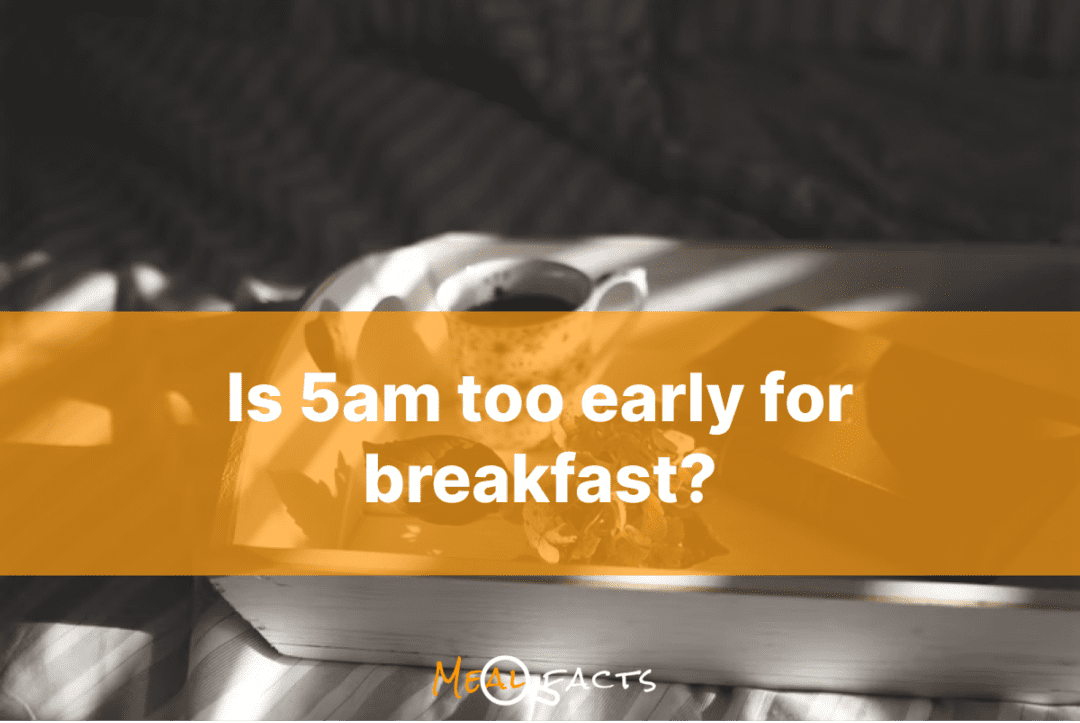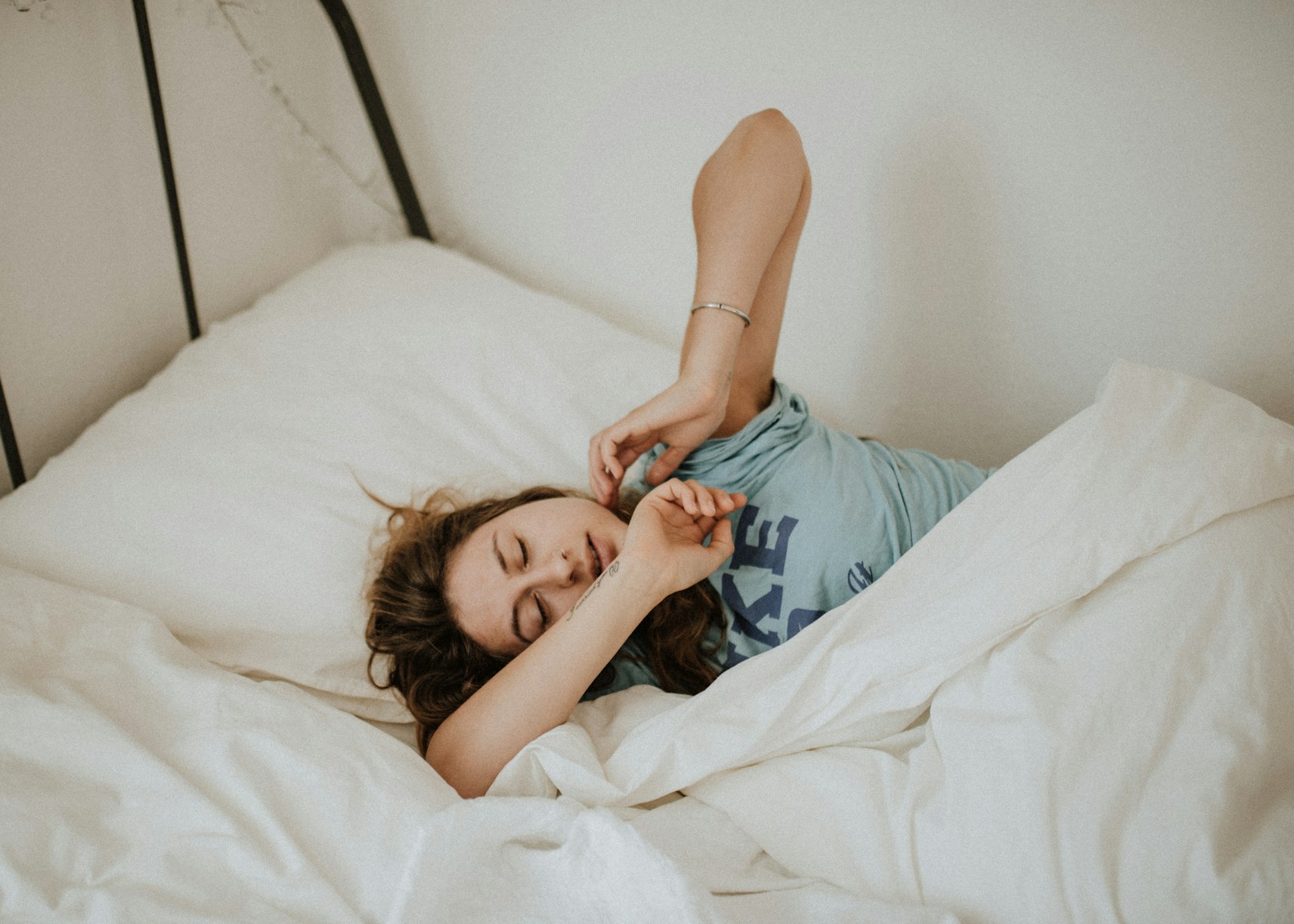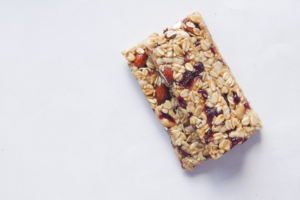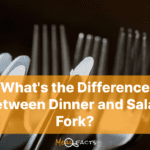
Is 5am too early for breakfast?
The most important meal of the day? It’s not just an old saying — it’s true! Breakfast is the first opportunity we have to provide our bodies with fuel and nutrients that will help us feel well throughout the day, so there’s no reason to skimp on this important meal. But if you can’t make time to sit down and eat breakfast in the morning, then 5am definitely isn’t early enough to start.
Table of Contents
But…

For many morning people, getting up before dawn isn’t a chore at all. In fact, if you love working out or have a morning commute and need to be at work by 8:00 AM or earlier, there’s nothing better than waking up with enough time to eat a healthy meal. But…the further you push back your wake-up time (and bedtime), the more likely it is that a simple cup of coffee and some toast will do just fine. And while it may seem like being productive in the morning requires breakfast, studies show that eating within an hour of rising could hamper your performance during midday meetings and afternoon tasks.
Related: Why breakfast is the most important meal of the day?
A 6am Breakfast Might be Better

A small study published in The American Journal of Clinical Nutrition found that eating a calorie-dense meal (1000 calories worth) at 6:30 AM or 11 AM slowed digestion and led to greater feelings of fullness. And some research suggests that eating earlier in the day may reduce your overall energy intake. So if you’re still hungry at night, it might be better to eat something light at 5 am than an enormous breakfast—that way you can avoid overeating later on. But if you’re like most people and eat a small morning meal to jumpstart your metabolism and then wait until noon or 1 pm to start eating again (i.e., breakfast), it’s probably fine—for most people —to keep doing so.
7 Reasons a 6 am Breakfast might be better

The biggest and most obvious reason to have a 6 am breakfast before working out at 7:30 am has to do with your metabolism. You want your metabolism (and hormones) to be active when you work out in order to burn more fat. If you exercise while your body temperature is still low (in general), your body will use glucose as its primary fuel source instead of fat. When that happens, those extra pounds will stick around even longer than they should. So why not eat something small but nutritious just after waking up? Your brain and muscles are both ready for energy at that time—and so are their respective fuel sources: glucose and glycogen.
Related: 3 Different Types of Breakfast
You’re not busy rushing around first thing in the morning

According to Dr. Oz’s sleep advisor , you should be going to bed by 10:30 p.m. in order to wake up at 6 a.m. This early morning wake-up call can lead to three different ways your health will suffer due to lack of sleep: not only does a lack of sleep make it more difficult for your body and brain to function properly, says Mensah, it also puts you at risk for heart disease and diabetes. Yikes! If you’re constantly waking up before sunrise to get ready in time for work or an appointment, your fatigue levels are probably starting off high—and eventually they will show on your face and skin as bags under your eyes or even as wrinkles down the road.
You’re still on your sleep schedule (12 hour fast + 12 hours eating)

If you are still sleeping a 12 hour fast and eating another 12 hours after that, your body probably isn’t ready to start burning fat first thing in the morning. The body only goes into ketosis when it needs energy so if you’re only eating during your feeding window (8-10 hours) you may never actually get into ketosis. Consuming carbs and protein even briefly will kick you out of ketosis as well. It’s much better to begin your day by slowly adding fats to your diet while decreasing carbs. By 8 or 9AM you’ll be ready to go into full ketogenic mode and start burning fat first thing in the morning. Be sure not to have any sugar in your diet until noon so that your metabolism begins burning fat as soon as possible.
Related: 8 Delicious breakfast meals for you.
There’s no caffeine hangover.

Grabbing a cup of coffee on your way to work isn’t just a great way to get your day started—it’s also one of those quick habits that can keep you feeling fit and energized all day long. Research shows that drinking 3-4 cups of coffee a day can help decrease body fat levels as well as increase metabolic rate by up to 15%. However, if your caffeine intake has been slowly creeping upwards, it might be time to hit pause. Caffeine can impact hormone levels in both men and women (especially testosterone), which means excessive consumption can alter how you burn calories throughout the day—and worse yet may make your body hang onto them more effectively.
With insomnia you can’t eat at night anyway.

If you have insomnia or sleep issues, it’s best to have your last meal two hours before bed. This will give your body enough time to digest and reduce stomach rumblings and gas that could wake you up in the middle of the night. The Mayo Clinic says some foods actually promote sleep; these include dairy products like milk or yogurt (with calcium), fish with omega-3 fatty acids and whole grains like oatmeal. A healthy bedtime snack can help ensure a restful night’s sleep. Try dark chocolate, which contains melatonin — an amino acid that promotes sleepiness. Bananas are also good sources of magnesium, a mineral found in many relaxation aids.
Thanks For Reading





